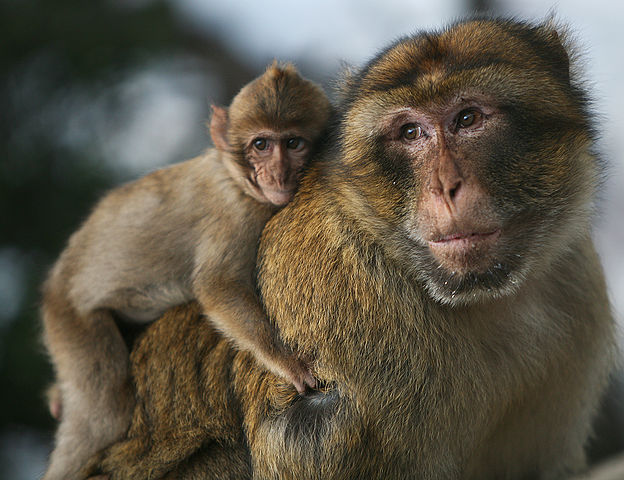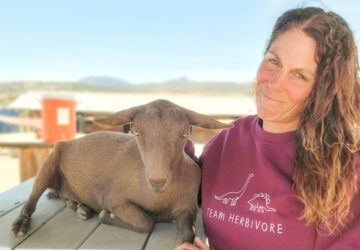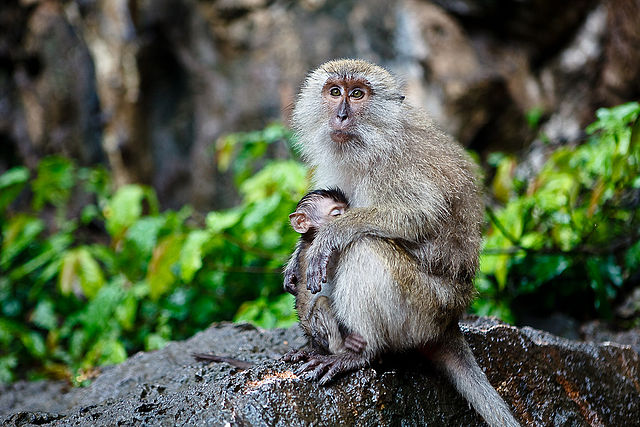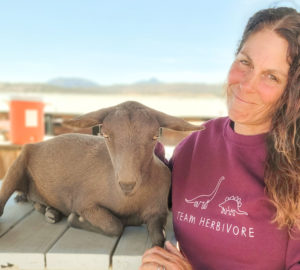Thanks To Animal Rights Activists Volkswagen Is Under Fire For Using Monkeys In Emissions Tests
It is common knowledge that many companies still use animal testing behind the scenes—everything from cosmetics to shampoo to cleaning products could be tested on animals before they hit the shelves for consumers. But animal testing can also occur in unexpected industries. For the past few years, Volkswagen has been under fire from animal rights activists after journalists revealed that the company had been using monkeys in their emissions tests.
Back in 2014, Volkswagen funded a study that flew under the radar until The New York Times ran an exposé that revealed all the details. Volkswagen had been using crab-eating macaques, a small breed of monkeys native to Southeast Asia, to test the effects of exhaust from their cars. To see if the new Volkswagen engine filters measured up to industry standards, researchers exposed the monkeys to exhaust from diesel engines.

(Source: commons.wikimedia.org Karyn Sig)
Not only was this experiment inhumane, the new filters did nothing to stop the harmful effects of the exhaust. When the news broke to the public, activists were determined to see Volkswagen put an end to this practice. Volkswagen’s CEO, Herbert Diess, countered by saying that the experiment was completely legal. But even if a test like this is legal under current animal welfare laws, there is no question that subjecting an animal to toxic fumes is unethical.
Recently, Volkswagen issued a formal apology for their use of animal testing. The company pledged that they would never use animals in experiments again, and they also suspended their top lobbyist, who had supported the experiment. While this is definitely good news, there is still a long way to go—PETA reports that other car companies still test on animals, and it is time for businesses to move forward and embrace alternative methods instead.

(Source: roadandtrack.com)
This is not the first time that monkeys have been used to test the effects of pollutants. In the past, researchers have used baby rhesus monkeys to see the impact of excess ozone on the respiratory system, and scientists have also conducted experiments to see how macaques respond to methanol exposure.
Some have defended this practice because monkeys like macaques have similar lungs and airway structures compared to humans. But today, this idea is generally considered outdated, and many scientists object to the use of monkeys in these experiments. While human beings and monkeys may share some physical characteristics, pollutants could still have a different effect on humans, rendering the results of such experiments ultimately useless. Overall, there is simply no reason for monkeys to be the victims of tests like this.
It can be tricky to figure out which companies are truly vegan and cruelty free. Thankfully, there are helpful guides like Leaping Bunny and PETA’s Cruelty Free Company database. With a little extra research, you can make sure that your money goes towards businesses that care about animal welfare.
Sources:
Volkswagen pledges to stop animal testing
How I Uncovered Volkswagen’s Rigged Monkey Experiments
Volkswagen: The scandal explained
VICTORY: Monkeys Abused in Volkswagen Inhalation Test
Volkswagen Suspends Top Lobbyist Amid Inquiry Into Diesel Tests on Monkeys
Was Volkswagen the First to Test Exhaust Fumes on Monkeys? Your Questions Answered.
PETA Cruelty-Free Company Search








